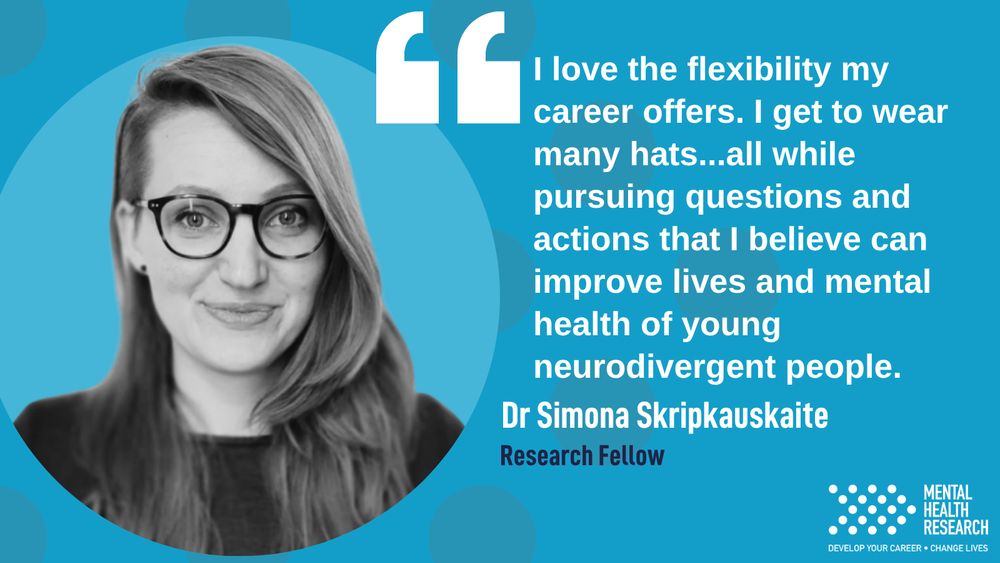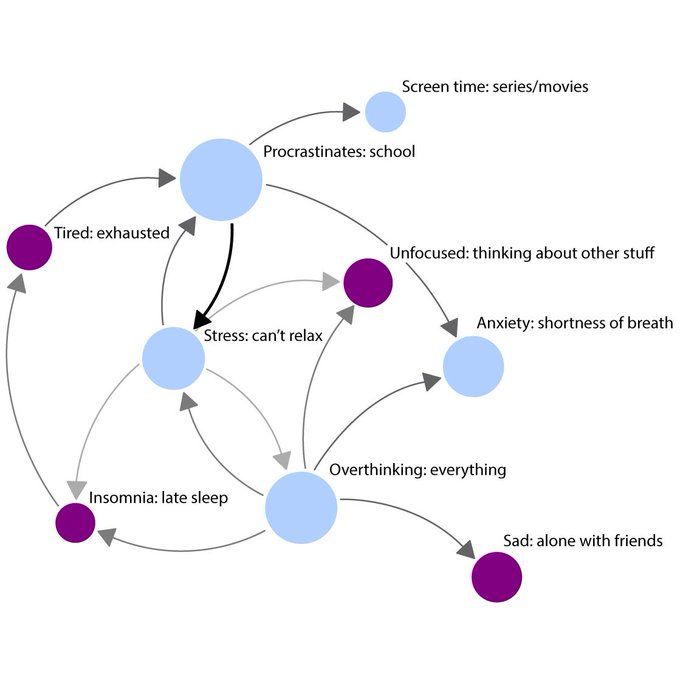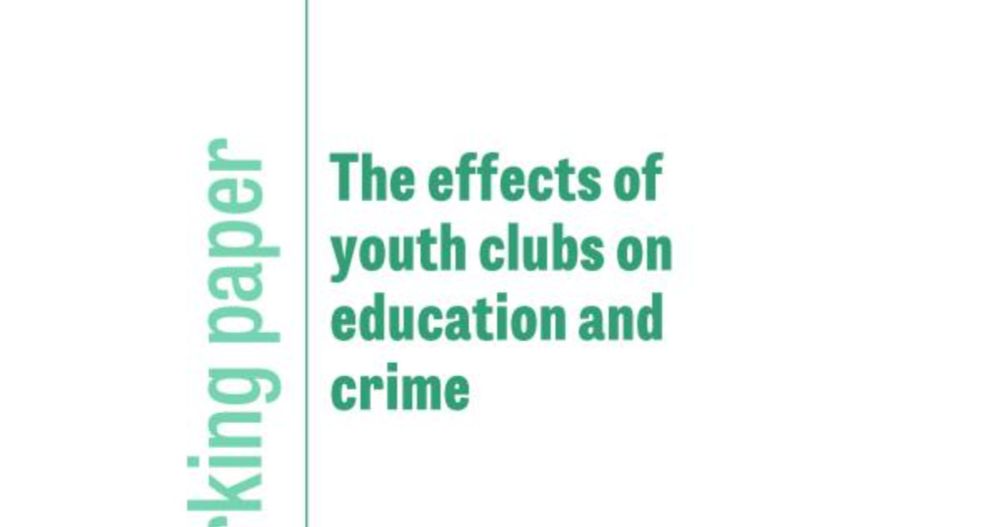Dr Simona Skripkauskaite
@drskripka.bsky.social
320 followers
350 following
7 posts
ADR Research Fellow @OxfordUni.
Interests: CYP mental health | neurodiversity | SEND | statistics | support | co-production. Views are my own.
Posts
Media
Videos
Starter Packs
Reposted by Dr Simona Skripkauskaite
Reposted by Dr Simona Skripkauskaite
University of Oxford
@ox.ac.uk
· Aug 6

£27 million gift funds new Oxford Centre for Emerging Minds Research
A pioneering research centre aimed at achieving better mental health outcomes for children, young people and families will be established at the University of Oxford thanks to a £27 million gift from
www.ox.ac.uk
Reposted by Dr Simona Skripkauskaite
Holly Bear
@drhollybear.bsky.social
· Mar 25

Isolation despite hyper-connectivity? The association between adolescents’ mental health and online behaviours in a large study of school-aged students - Current Psychology
Smartphone use has risen rapidly amongst adolescents over the last decade, as has the rates of common mental disorders. This has raised widespread concerns about direct links between adolescents’ gene...
link.springer.com
Reposted by Dr Simona Skripkauskaite
Reposted by Dr Simona Skripkauskaite
OxWell Study
@oxwell.bsky.social
· Jan 6

Social jetlag and sleep habits in children and adolescents: Associations with autonomy (bedtime setting and electronics curfew) and electronic media use before sleep
For young people attending school, social jetlag (SJL) refers to discrepancy in sleep/wake timing between school days and weekends. This study investigated SJL in school-aged children and adolescen...
www.tandfonline.com
Reposted by Dr Simona Skripkauskaite
Nicole Bedera
@nbedera.bsky.social
· Dec 20
danah boyd
@zephoria.bsky.social
· Dec 20

Why the latest CDC teen mental health report is a politically inconvenient bombshell for crusading California pols
The report reveals that teens’ use of social media is more complicated than the simplistic campaigns to restrict access recognize.
www.sfchronicle.com
Reposted by Dr Simona Skripkauskaite
Reposted by Dr Simona Skripkauskaite
Reposted by Dr Simona Skripkauskaite












